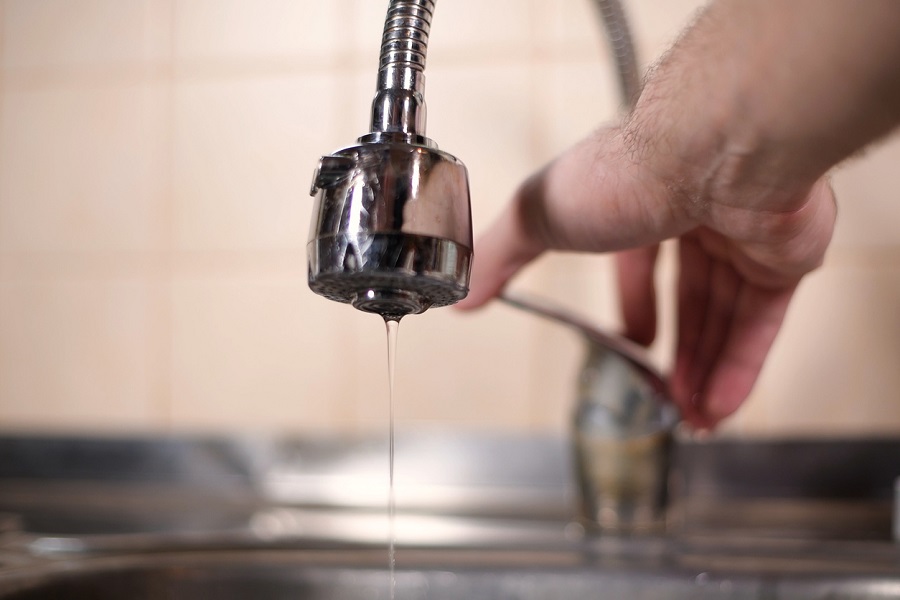During a power outage, concerns about various home utilities and appliances naturally arise, and plumbing is no exception. Understanding how your plumbing system functions without electricity can help you prepare and ensure minimal disruption. Here’s a comprehensive guide on what to expect regarding your plumbing during a power outage.
Water Supply
Municipal Water Systems
If your home is connected to a municipal water supply, your plumbing will likely remain operational during a power outage. Municipal water systems generally rely on gravity and pressure from water towers or reservoirs to supply water to homes. Since these systems don’t depend directly on your home’s electricity, you should still have access to running water for a limited time, provided the municipal infrastructure remains unaffected.
Well Water Systems
For homes that rely on well water, the situation is different. Well pumps are typically powered by electricity, meaning that during a power outage, these pumps will not function, cutting off your water supply. To mitigate this, it’s advisable to keep a supply of bottled water on hand for drinking and basic sanitation needs. Additionally, investing in a backup generator can help keep your well pump operational during outages, ensuring a continuous water supply.
Wastewater and Sewer Systems
Gravity-Fed Sewer Systems
Most urban and suburban homes are connected to a gravity-fed sewer system. These systems do not rely on electricity and will continue to function during a power outage. You can still use your toilets and drains without worrying about sewage backup as long as the municipal sewer system is intact and there are no blockages. Keep yourself educated on basic plumbing issues in your home to ensure you can identify when you are experiencing a basic plumbing issue and not something related to power outages.
Septic Systems and Sewage Pumps
Homes with septic systems or those that rely on sewage pumps to transport waste to the municipal sewer system face a different scenario. Septic systems that rely on gravity alone will continue to function normally. However, if your septic system includes an effluent pump, or if you have a sewage pump in your basement, these will cease to function during a power outage. This could lead to potential backups or overflows. Installing a battery-powered backup for your sewage pump or having a backup generator can help avoid these issues.
Hot Water Heaters
Electric Water Heaters
Electric water heaters will stop heating water during a power outage. However, you may still have some hot water available in the tank for a short period until it cools down.
Gas and Tankless Water Heaters
Gas water heaters can often function without electricity, depending on the model. Traditional gas water heaters with a standing pilot light will continue to operate, providing hot water as long as there is a gas supply. Conversely, tankless water heaters generally require electricity to operate, even if they use gas for heating. In this case, a power outage will affect their operation.
Preparation Tips
Backup Power
Consider investing in a backup generator, especially if you rely on well water or electric pumps for your plumbing system.
Water Storage
Store bottled water for emergencies and fill bathtubs or large containers with water if you anticipate a power outage. Water in bathtubs should be intended for cleaning purposes, and not for drinking.
Provided your sewer system is working, a pail full of water, poured down a toilet, can flush a toilet.
Contact D. Jason Plumbing
By understanding the dependencies of your Etobicoke plumbing system on electricity, you can take proactive steps to ensure minimal disruption during power outages, maintaining access to clean water and functional sanitation.
Contact D.Jason Plumbing to discuss your plumbing concerns.
